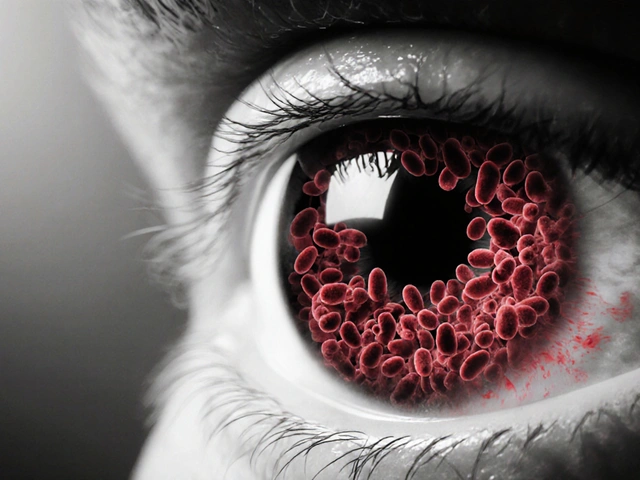Belief Bias: How Assumptions Skew Your Health Decisions
When you hear that belief bias, the tendency to accept information that matches what you already think, even when it’s wrong is at play, you might think it’s just a psychology term. But it’s hiding in plain sight—like when you refuse a generic drug because you believe brand names work better, or ignore a doctor’s advice because you read a blog post that sounded right. It’s not about being dumb. It’s about your brain taking shortcuts. And in health, those shortcuts can cost you.
Belief bias doesn’t work alone. It teams up with confirmation bias, the habit of seeking out info that supports your views and ignoring what doesn’t. That’s why someone convinced that antibiotics cure colds keeps asking for them—even after five doctors say no. It’s also why people distrust FDA warnings because they’ve heard one story about a "covered-up" side effect. And it’s why false drug allergy labels stick around: if you believe you’re allergic to penicillin, you’ll remember every time you felt sick after taking it—even if it was just a virus.
Even medical misinformation, false or misleading health claims spread online thrives on belief bias. You don’t need to be gullible. You just need to trust your gut. That’s why fake pill stories go viral—not because they’re detailed, but because they confirm fears about big pharma. And when you see a post saying "domperidone is banned everywhere," you might believe it, even though it’s approved in many countries for specific uses. Your brain doesn’t check the source. It checks the feeling.
What’s worse? Belief bias makes you overlook better options. You might stick with a drug that gives you stomach pain because you "always took it," even though a safer alternative exists. You might avoid a diuretic because you think they "dry you out too much," ignoring that hydration and salt balance matter more than the pill itself. You might skip a cholesterol test because you feel fine—even though early detection saves lives. Belief bias doesn’t just cloud your judgment. It keeps you stuck.
And it’s not just about pills. It’s about diet, vaccines, mental health meds, even how you track your meds. If you believe paper logs work best, you’ll ignore apps—even when studies show they cut hospital visits. If you think swelling means too much water, you’ll drink less, making it worse. Belief bias turns simple facts into personal truths. And those truths? They’re often wrong.
What you’ll find in the posts below isn’t just more info. It’s a reset. Real stories about people who changed their minds after learning the truth. Clear breakdowns of why common beliefs fail. And practical fixes for when your brain tricks you into making bad health calls. No fluff. No jargon. Just what you need to see past your own assumptions—and make smarter choices, one fact at a time.




